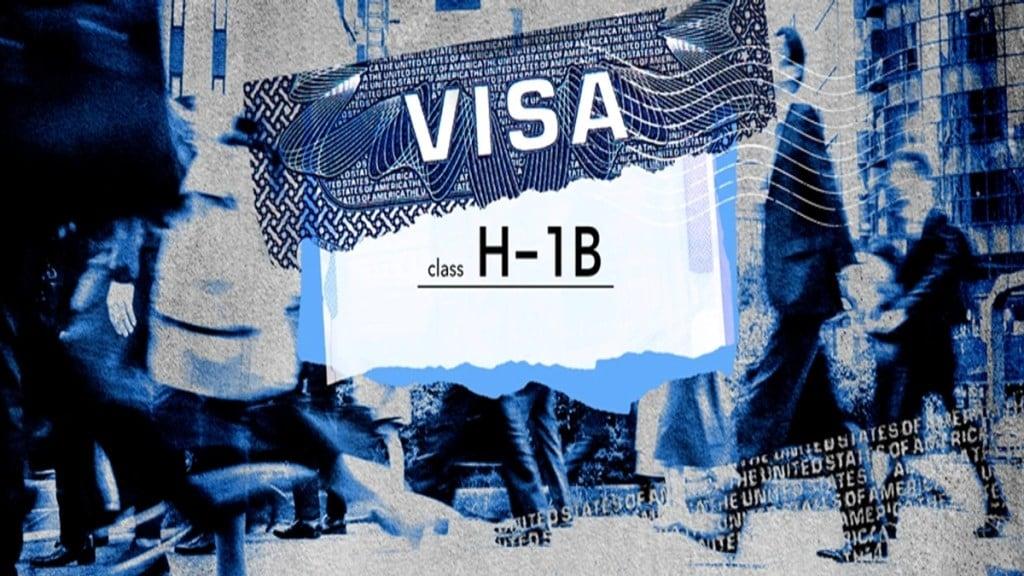
Trump's $100K H-1B Fee Threatens Rural US Schools, Hospitals
Bloomberg
By Sarah Raza
Sioux Falls – When Rob Coverdale started his job in 2023 as superintendent of the K-12 Crow Creek Tribal School in South Dakota, there were 15 unfilled teaching positions.
Within nine months, he had filled those vacancies with Filipino teachers, the majority of whom arrived on the H-1B, a visa for skilled workers in specialty occupations.
“We've hired the H-1B teachers because we quite simply didn't have other applicants for those positions,” Coverdale said.“So they're certainly not taking jobs from Americans. They're filling jobs that otherwise just simply we would not get filled.”
Now a new USD 100,000 fee for H-1B visa applications spells trouble for those like Coverdale in rural parts of the country who rely on immigrants to fill vacancies in skilled professions like education and health care.
The Trump administration announced the fee on September 19, arguing that employers were replacing American workers with cheaper talent from overseas. Since then, the White House has said the fee won't apply to existing visa holders and offered a form to request exemptions from the charge.
H-1Bs are primarily associated with tech workers from India. Big tech companies are the biggest user of the visa, and nearly three-quarters of those approved are from India. But there are critical workers, like teachers and doctors, who fall outside that category.
Over the last decade, the US has faced a shortage in those and other sectors. One in eight public school positions are vacant or filled by uncertified teachers, and the American Medical Association projects a shortage of 87,000 physicians in the next decade. The shortages are often worse in small, rural communities that struggle to fill jobs due to lower wages and often lack basic necessities like shopping and home rental options.
H-1B and J-1 visas provide communities an option to hire immigrants with advanced training and certification. The J-1s are short-term visas for cultural exchange programs that aren't subject to the new fee but, unlike the H-1B, don't offer a pathway to permanent residency.
While large companies may be able to absorb the new fee, that's not an option for most rural communities, said Melissa Sadorf, executive director of the National Rural Education Association.

Legal Disclaimer:
MENAFN provides the
information “as is” without warranty of any kind. We do not accept
any responsibility or liability for the accuracy, content, images,
videos, licenses, completeness, legality, or reliability of the information
contained in this article. If you have any complaints or copyright
issues related to this article, kindly contact the provider above.
Most popular stories
Market Research

- Pepeto Presale Exceeds $6.93 Million Staking And Exchange Demo Released
- Citadel Launches Suiball, The First Sui-Native Hardware Wallet
- Luminadata Unveils GAAP & SOX-Trained AI Agents Achieving 99.8% Reconciliation Accuracy
- Tradesta Becomes The First Perpetuals Exchange To Launch Equities On Avalanche
- Thinkmarkets Adds Synthetic Indices To Its Product Offering
- Edgen Launches Multi‐Agent Intelligence Upgrade To Unify Crypto And Equity Analysis



















Comments
No comment